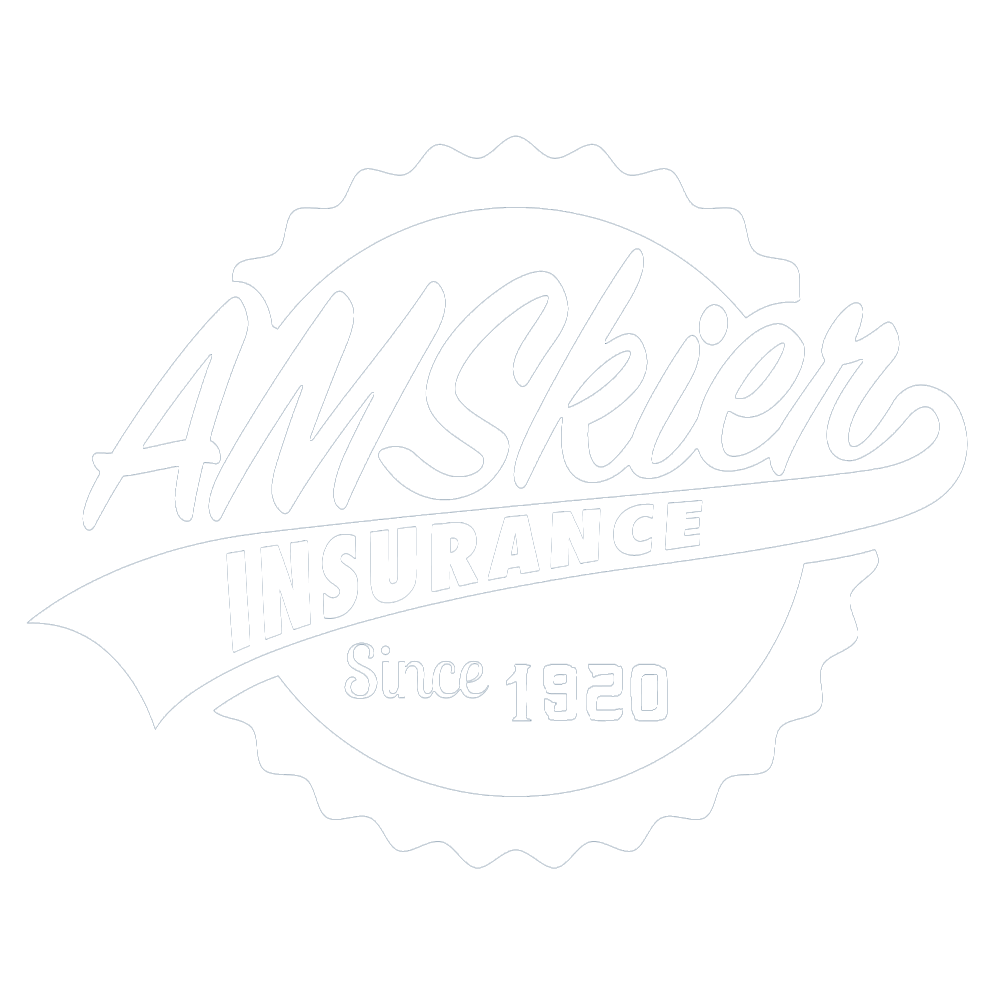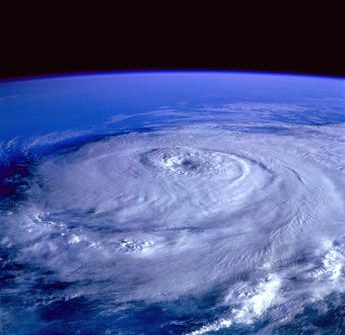It’s not fun to acknowledge that you may need to evacuate your home at some point, but it’s important to do so. Please make sure to make time out of your busy lives and make sure your family knows what to do in case of a hurricane or another natural disaster. Follow these checklists and be prepared.
What To Do In Case of a Hurricane – The Red Cross
- Listen to a NOAA Weather Radio for critical information from the National Weather Service (NWS).
- Check your disaster supplies and replace or restock as needed.
- Bring in anything that can be picked up by the wind (bicycles, lawn furniture).
- Close windows, doors and hurricane shutters. If you do not have hurricane shutters, close and board up all windows and doors with plywood.
- Turn the refrigerator and freezer to the coldest setting and keep them closed as much as possible so that food will last longer if the power goes out.
- Turn off propane tanks and unplug small appliances.
- Fill your car’s gas tank.
- Talk with members of your household and create an evacuation plan. Planning and practicing your evacuation plan minimizes confusion and fear during the event.
- Learn about your community’s hurricane response plan. Plan routes to local shelters, register family members with special medical needs as required and make plans for your pets to be cared for.
- Evacuate if advised by authorities. Be careful to avoid flooded roads and washed-out bridges.
- Because standard homeowners insurance doesn’t cover flooding, it’s important to have protection from the floods associated with hurricanes, tropical storms, heavy rains and other conditions that impact the U.S. For more information on flood insurance, give us a call at (570) 226-4571 or email us.
Emergency Evacuation Kit – Ready.Gov
It’s very important to be prepared with an emergency evacuation kit in case of a storm or any other widespread emergency. Make sure your kit has the following items:
- One gallon of water per person per day for at least three days, for drinking and sanitation
- At least a three-day supply of non-perishable food
- Battery-powered or hand crank radio and a NOAA Weather Radio with tone alert and extra batteries for both
- Flashlight and extra batteries
- First aid kit
- Whistle to signal for help
- Dust mask to help filter contaminated air and plastic sheeting and duct tape to shelter-in-place
- Moist towelettes, garbage bags and plastic ties for personal sanitation
- Wrench or pliers to turn off utilities
- Manual can opener for food
- Local maps
- Cell phone with chargers, inverter or solar charger
Insurance protection for severe weather
If you have a question about your coverage during a storm, please give our office a call to chat with a caring member of our team and call 866.754.3792 any time of day or night to report a claim.
For more information on hurricanes, tropical storms and preparing for severe weather, check out these useful resources: Ready.gov, NOAA Hurricane Center orAmerican Red Cross.
Was This Helpful? Get More Content Like This!
Join Our Broad & Bright Mailing List By Signing Up Below
AMSkier Clients already receive these articles and much more.


